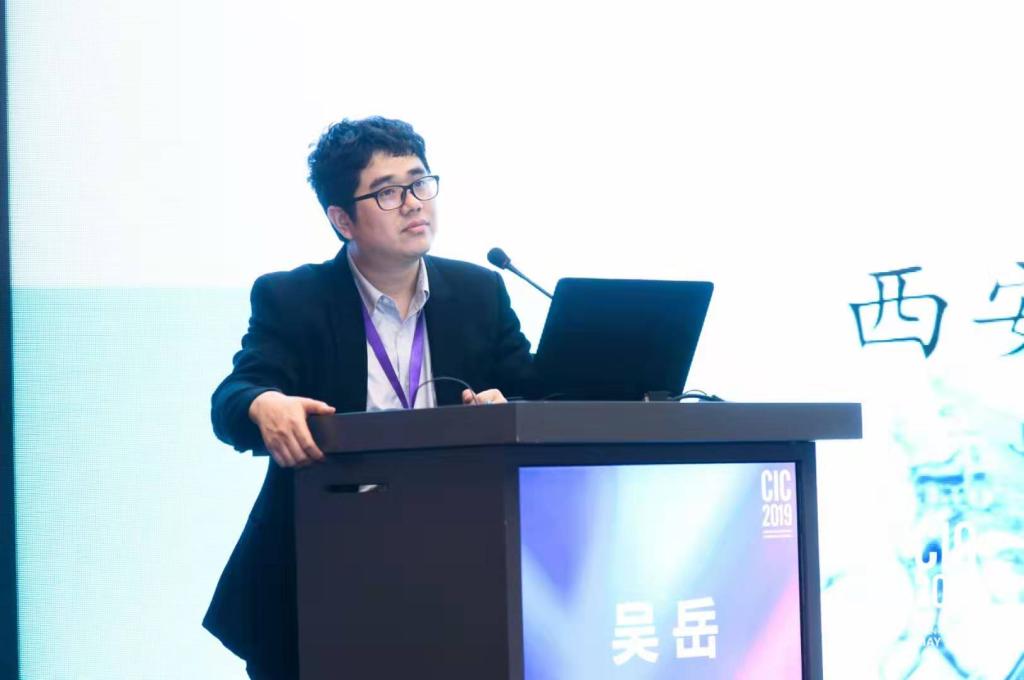Recently, as the Chief Scientist, Professor Wu Yue from Department of Cardiology of the First Affiliated Hospital of Xi’an Jiaotong University (XJTU) received National Key Research and Development Project entitled Intestinal microflora characteristics at different developmental stages and the effect on development with a total state funding of 16.95 million Yuan, creating a novel breakthrough in this discipline of our hospital.

Previously, Professor Shi Bingyin from Department of Endocrinology has led a team to receive National Key Research and Development Project entitled Comprehensive demonstration scientific and technological research on prevention and control of chronic diseases in northwest China with a special funding of 18.08 million Yuan.
National Key Research and Development Project aims to provide sustainable support and guidance for major areas related to national economy and social development by focusing on major social welfare research associated with national economy and citizen livelihood, as well as strategic, fundamental, prospective major scientific issues, major common key technologies and products related to the core competitiveness of industry, overall independent innovation capability and national security. It is a national-level project integrated by the former National Key Basic Research and Development Plan (973 Plan), National High-tech Research and Development Plan (863 Plan), National Science and Technology Support Plan, International Science and Technology Cooperation and Exchange Project, Industrial Technology Research and Development Foundation jointly hosted by National Development and Reform Commission and Ministry of Industry and Information Technology and public welfare industry research projects hosted by 13 departments, such as Ministry of Agriculture and National Health Commission,etc.
Professor Shi Bingyin hosted a special project related to chronic diseases entitled Comprehensive demonstration scientific and technological research on prevention and control of chronic diseases in northwest China. According to the epidemiological characteristics of chronic diseases in northwest China and medical conditions in different regions, five comprehensive prevention and control demonstration bases for chronic diseases including diabetes mellitus, hypertension, chronic non-infectious liver diseases, cardiovascular and cerebrovascular diseases and high-risk malignant tumors are established in northwest China, covering 300 hospitals at all levels and community-based health service institutions, forming a scientific and technological demonstration network for prevention and control of chronic diseases in northwest China, realizing a novel system for unified management of chronic diseases and carrying out demonstration research on the application of major technologies forcomprehensive prevention and control of chronic diseases. This project plans to establish an appropriate technology management platform for comprehensive prevention and control of major high-risk chronic diseases in northwest China and launch a multi-department prevention and control mechanism. Besides, it aims to establish a network of prevention and control of chronic diseases and a tertiary prevention system in northwest China, regarding five regional demonstration bases as the center, comprising 300 grass-root medical institutions in five provinces of northwest China and covering 10 million people, cultivate more than 200 talents at all levels engaged in prevention and control of chronic diseases, and increase the risk factor management rate, standardized treatment rate and control rate of major chronic diseases in northwest China by over 20%. This projects also aims to establish an unified management system for chronic diseases, promote rational and standardized application of prevention and control technologies for chronic diseases in northwest region, reduce the medical and social burden, prevent the incidence of major chronic diseases and lower the high mortality rate by providing active and effective scientific and technological support and setting up a northwest model for the prevention and control of chronic diseases throughout China.
The project entitled Intestinal microflora characteristics at different developmental stages and the effect on development hosted by Professor Wu Yue focuses upon the high-incidence diseases at developmental stages, such as congenital pediatric heart disease and Kawasaki disease in China. In this project, metagenomics, metabolomics, epigenetics and molecular pathology approaches are employed in animal experiments and cohort studies to explore the intestinal flora-secondary metabolism-response factor-development axis and its role and mechanism in the incidence and progression of diseases. This project is jointly conducted by the first-class metagenomics, metabolomics, developmental biology and clinical medicine teams from XJTU, Southern Medical University, Fudan University, Shanghai Jiaotong University and Tianjin Medical University to unravel the flora structure, functional classification, secondary metabolic spectrum characteristics and their dynamic coupling changes at different developmental stages, reveal the key response factors involved in the role of intestinal flora in regulating tissue and organ development and maintaining homeostasis, clarify the molecular mechanism, explore the methods for prevention and treatment of development-related diseases based on flora manipulation and cultivate a world-class scientific research team in the field of intestinal flora and development.